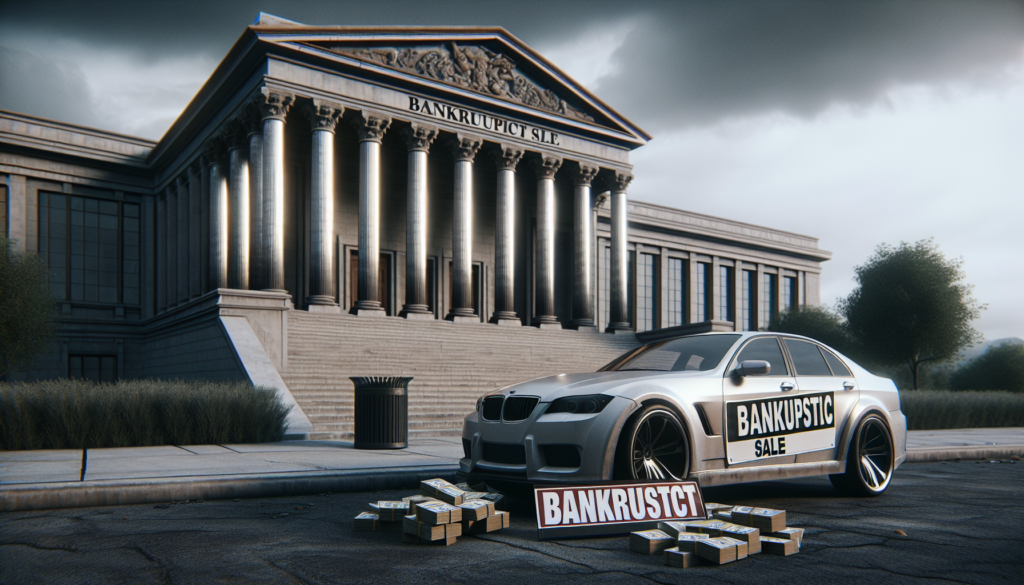
A Chapter 7 bankruptcy discharge releases individual debtors from personal liability for most types of debts and prevents the creditors owed those debts from taking any collection actions against the debtor. A discharge is a permanent order that prohibits creditors from pursuing any form of collection on discharged debts, including legal action and communication with the debtor, such as telephone calls, letters, and personal contacts. Here’s an overview of what is typically covered by a Chapter 7 bankruptcy discharge:
Commonly Discharged Debts in Chapter 7
- Credit Card Debt: Includes unsecured credit card bills.
- Medical Bills: Unsecured medical debts are dischargeable.
- Personal Loans: Unsecured personal loans from friends, family, banks, or other financial institutions.
- Utility Bills: Past due amounts for utility services such as electricity, gas, and water.
- Past Due Rent: Money owed under lease agreements, including residential and commercial leases.
- Certain Tax Penalties and Unpaid Taxes: Some older tax liabilities and penalties may be dischargeable under specific conditions.
- Business Debts: Personal liability for debts incurred by a sole proprietorship.
- Civil Court Judgments: Most judgments resulting from civil court cases, excluding those based on fraud, certain crimes, and specific other exceptions.
Debts Not Discharged in Chapter 7
Some types of debts are not discharged in a Chapter 7 bankruptcy. These include, but are not limited to:
- Alimony and Child Support: Obligations under family support are not dischargeable.
- Certain Taxes: Recent income taxes (usually within the last three years) and other types of taxes.
- Debts for Personal Injury Caused by DUI: Debts arising from personal injury or death caused by intoxicated driving.
- Student Loans: Generally, student loans are not discharged unless the debtor can prove “undue hardship,” which is a difficult standard to meet.
- Fines and Penalties: Fines and penalties for violating the law, including traffic tickets and criminal restitution.
- Certain Condominium or Homeowners Association Fees: Fees owed to a condominium or homeowners association for assessments or charges that accrue after the bankruptcy filing date.
- Debts Not Listed: Debts that the debtor fails to list in the bankruptcy schedules, unless the creditor had knowledge of the bankruptcy case.
Special Considerations
- Secured Debts: While a Chapter 7 discharge eliminates the debtor’s obligation to pay, it does not automatically remove liens from property. Therefore, secured creditors may still have the right to repossess or foreclose on secured property, such as a home or car, if the debtor does not continue to make payments or take other actions to deal with the lien.
- Reaffirmation Agreements: Debtors may choose to “reaffirm” certain debts, voluntarily agreeing to pay back those debts despite the bankruptcy discharge. This is common with secured debts where the debtor wishes to keep the collateral, such as an automobile.
The Chapter 7 bankruptcy discharge provides a fresh start for debtors by eliminating liability for a wide range of debts. However, it’s important for debtors to understand which debts can and cannot be discharged and to consider the implications for secured debts and property. Consulting with a bankruptcy attorney can help clarify how a Chapter 7 discharge would apply to your specific financial situation and help you navigate the bankruptcy process effectively.

Get a Free Bankruptcy Case Evaluation